Vocabulary Lists for Fluency
Last week I talked about making vocabulary lists and flashcards in order to reach your language learning goals, that is, fluency. This is the end game, right? Well, this might be a dangerous way to think. I find that when it comes to languages, there really is no “end game“.

That can sound either frustrating or exciting. But as a word-geek, I find it pretty exciting knowing there’s always something new to learn. There’s always a new expression or word just waiting to be discovered.
The problem can often be remembering these new words and phrases. There are, after all, so damn many of them. So, today I want to give you some shortlists to inspire your learning. There are many ways you can make your lists.
As I mentioned last week, you can group words by type: adjectives, nouns etc.
Or you could group words by topic: work, business, science, family, etc.
Then, there are the pronunciation patterns: The A sound, The H sound (when it is silent or when it is hard), The K sound (again, silent and hard).
By making these lists, you will also begin to see patterns: common endings and sounds which will give you a greater understanding of the language.
Basic adverbs
Hopefully -con suerte (tal cosa sucederá) / (hizo tal cosa) con optimismo
Likely -probable / probablemente
Unfortunately -desafortunadamente
Definitely -definitvamente
Probably -es probable que
Luckily -afortunadamente / por suerte
Unluckily -desafortunadamente / desgraciadamente
Carefully -(hacer algo) con cuidado / cuidadosamente
Cheerfully -(hacer algo) alegremente
Happily -(hacer algo) felizmente / afortunadamente (tal cosa sucedió)
Eagerly -(hacer algo) con entusiasmo / con empeño / ansiosamente
Lazily -(hacer algo) perezosamente
Hurriedly -(hacer algo) con apuro
Quickly -rápidamente
Slowly -lentamente
With this first list, you can see a clear pattern. A common ending for adverbs in English is this -LY ending.
Basic Nouns
Loneliness -soledad
Togetherness -unidad / compañerismo / solidaridad
Openness -amplitud (espacio) / franqueza / actitud receptiva
Closeness -cercanía / proximidad
Mindfulness -consciencia / conscientización
Hopelessness -despeseranza
Likeliness -probabilidad
Unlikeliness -improbabilidad
Quietness -quietud / tranquilidad
Liveliness -vivacidad
Greatness -grandeza
Illness -enfermedad
Fitness -aptitud física / aptitud para
Here we have a new common ending: -NESS.
Next, we have a list of nouns based around the topic of work.
A job -puesto laboral / un trabajo
A job interview -entrevista
A hiring -contratación
A workplace -lugar de trabajo
An employee -empleado
An employer -empleador
A co-worker/colleague -colega / compañero de trabajo
A boss -jefe
A department -area
An office -oficina
A desk -escritorio
A meeting -reunión
A canteen -cafetería
A project -proyecto
A salary -sueldo
A contract -contrato
Okay, and finally I’m going to give you an example of a pronunciation list.
The English H.
Silent after W
Where -¿dónde? / ,donde…
What -¿qué? /¿cuál? / lo que… el/la que
Why -por qué
Whether -tanto si… como si no… / si
Which -lo cual / el cual / ¿cuál?
Silent H at the start of a word
Hour -hora
Honor -honor
Honest -sincero / honesto
Silent after G
Ghost -fantasma
Ghetto -gueto / suburbio / barrio marginal
Silent after R
Rhino -rinoceronte
Rhyme -rima
Hard H (like a Spanish J)
Help -ayuda / ayudar
Hands -manos
Happy -feliz / contento
Home -hogar
Hello -hola
House -casa
Horse -caballo
The idea here, is to continue to add to your lists. So, each time you come across a new word you can, for example, add it to your list depending on the pronunciation. As there are not really any rules here, it’s simply a case of taking each word one by one.
You can take each vowel and many of the consonants and make a list for each and this is a great way to put some focus on a very specific and important part of the language.
Do you have any more ideas for lists or ways to learn new vocabulary? Drop a comment below.
Podcast: Play in new window | Download

